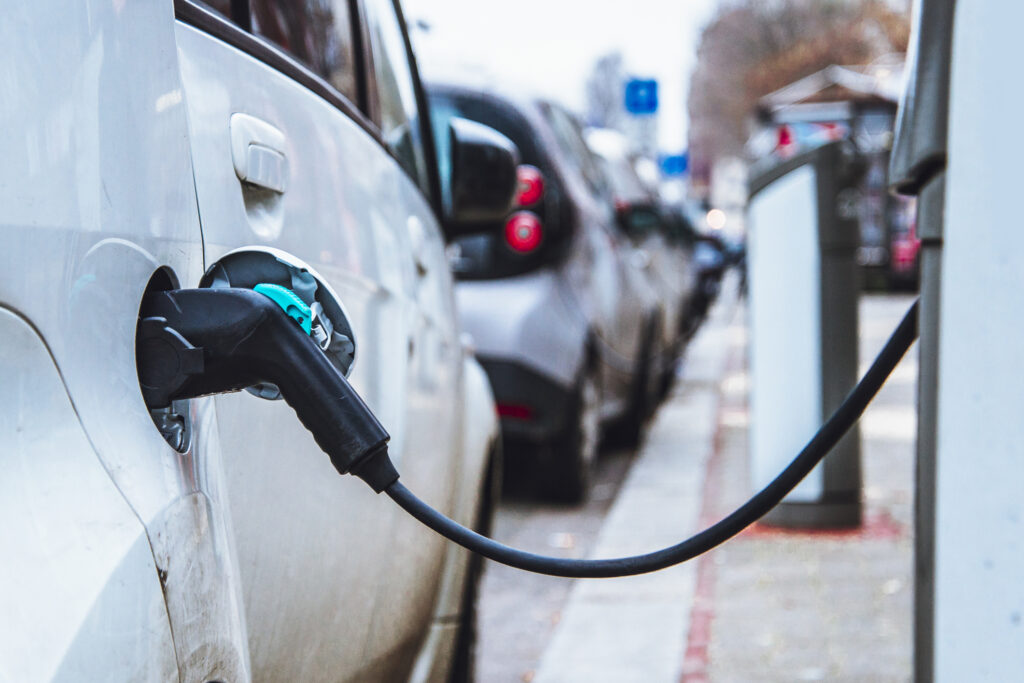Electric vehicles could provide as much as 11GW of grid flexibility by 2030, according to new analysis by Open Energi.
The energy technology firm concluded that there was potential for EVs to be a significant grid resource capable of supporting renewables, balancing the grid and alleviating network constraints at both local and national levels.
However the challenge will be in ensuring smart charging technology is used to transform the “threat” of EV-led demand peaks into an asset.
Analysis conducted by Open Energi examined the possibilities for flexibility through different charging scenarios, speeds and the time of day at which EVs are to charge using forecasts within National Grid’s Future Energy Scenarios document.
That analysis considered that by 2020 there would be an estimated 1.6 million EVs in the UK, offering between 200 – 550MW of turn-up flexibility at various times of day, as well as 400MW – 1.3GW of turn-down flexibility that would require smart charging technologies.
By 2030 this would increase exponentially, with 9 million EVs on the road providing as much as 3GW of turn-up and 8GW of turn-down flexibility throughout the day.
Dago Cedillos, strategy and innovation lead at Open Energi, said that the electrification of transport was happening “faster than anyone expected”.
“There has been a lot of attention given to the ‘worst-case’ scenarios but smart charging technology means EVs can be managed to the benefit of the system, and help accelerate our transition to a more reliable, affordable and sustainable energy future,” he said.
Cedillos added that the success of EVs will be decided by user experience, with both the vehicles themselves and charging technology.
“Smart charging can only happen with the consent of the driver, and drivers will only consent if their car is charged and ready to go when they need it. A combination of artificial intelligence and data insight can help to automate charging without affecting user experience, so that the technology can learn and respond to changing patterns of consumer behaviour and deliver an uninterrupted driver experience. Getting this right is key to aligning the future of sustainable energy and transport,” he added.
Earlier this week chancellor Philip Hammond announced the creation of a £400 million fund, paid for from both government and private finance, to improve the country’s charging infrastructure in a bid to capitalise on the growth of electric, driverless vehicles.
A further £40 million has been set aside for charging research and development, however no specific details have been forthcoming as to where the investment could head.






